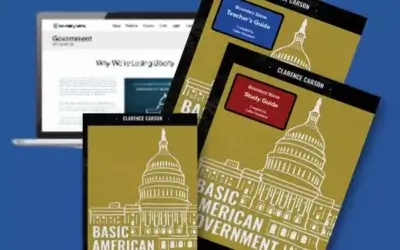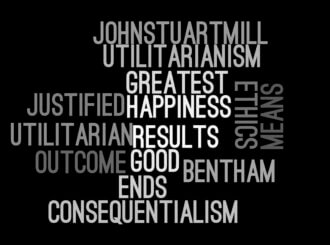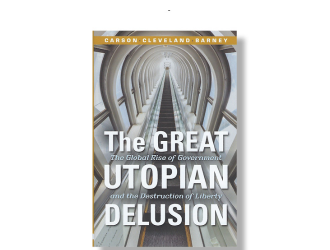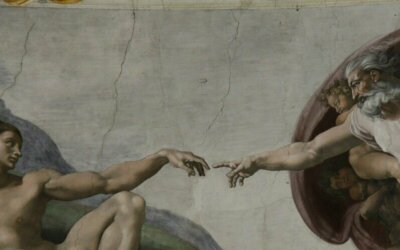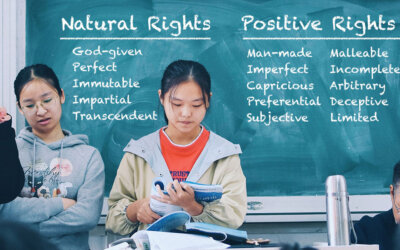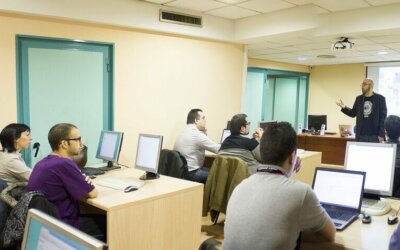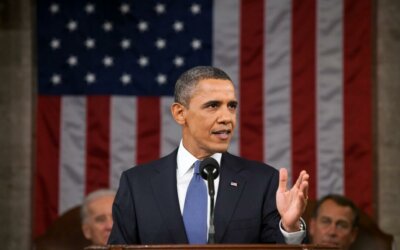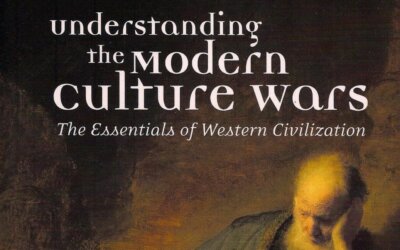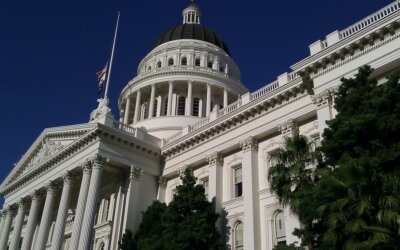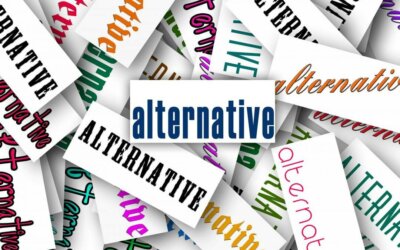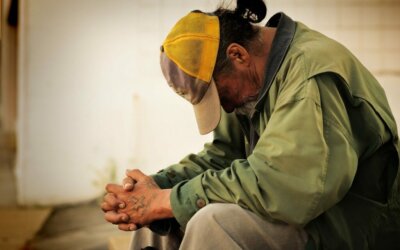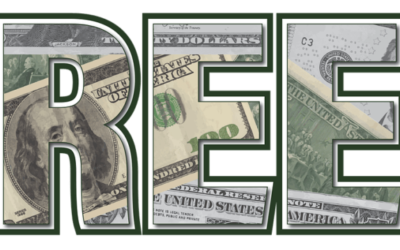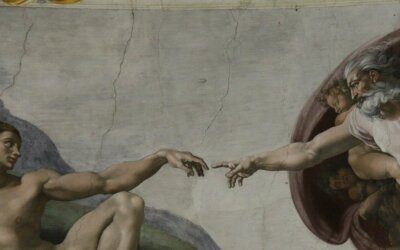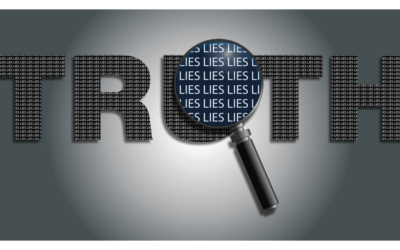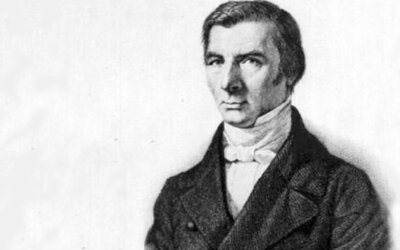Articles
The Moral Crisis in Modern Economics: How Utilitarianism Weakens Ethics and Free Markets
Explore the flaws of modern economic theory and its reliance on utilitarianism. Discover how thinkers like Bentham and Mill shaped policies that challenge moral principles, natural rights, and Judeo-Christian ethics. Learn how these ideas impact free markets and society today.
Basic American Government Semester Plan Adjustments
Boundary Stone’s Basic American Government Teacher’s Guide lays out assignments for an 18-week semester. If you need fewer days of assigned work, how would you approach adjusting that schedule? Here are some tips from a former co-op teacher who used this textbook.
The Lawlessness of Too Many Laws
The excessive number of legal restrictions enacted by our Congress and an assortment of federal agencies has resulted in a general disregard of those rules.
1 Reason We Should Have Predicted the Palestine Protests
Today’s student activism is predictable when you consider they have been taught to interpret history and judge current events from this perspective.
Is Your Homeschool Economics Course Teaching Your Kids Practical Atheism?
Updated October 10, 2023 From a Homeschool Mom's Heart There is an unrelenting encroachment of a secular ideology into...
Are We Living in a Modern Day Tyranny?
How much water may be used by your toilets? What kind of cars can you drive? Can you have a gas stove in your home? Enough yet?
The Cul-de-sac of Modern Thought
In the last few years, it seems our nation has been turned upside down. We are told that boys can be girls and girls can be boys. We are told that there is an ever-increasing number of genders. We are told repeatedly that climate change is producing an apocalyptic disaster because there is too much carbon dioxide in the atmosphere. We are told…
Finding Hope Even If . . . 25 Years of Living with MS
To put it concisely, we need to change our “what if . . .” questions into “even if . . .” declarations.
The Great Utopian Delusion: Why Socialists Must Destroy Our Norms
In the last few years, it seems our nation has been turned upside down. We are told that boys can be girls and girls can be boys. We are told that there is an ever-increasing number of genders. We are told repeatedly that climate change is producing an apocalyptic disaster because there is too much carbon dioxide in the atmosphere. We are told…
Why Study History?
Ben Franklin once said, “Experience keeps a dear [that is, costly or expensive] school. The fool will learn in no other.” One of the reasons for studying history is to broaden our knowledge far beyond what we could acquire from personal experience. The study of history is a way to learn in a much less expensive school. We are able to buttress our limited experience with the experience of the entire human race throughout the ages.
6 Principles Many Educators Seem to Fear Students Might Learn
These natural law principles are the foundation of all we do at Boundary Stone. Using curriculum designed from this foundation equips students for making many life decisions.
Human Nature: In the Image of God
The first thing God says about humans as He initially creates them is they should have dominion over all the earth and all its creatures. We cannot begin to take dominion over the earth, much less the universe, unless we are first able to identify, understand, and act upon the fixed principles inherent in God’s design. These fixed principles imply…
Living With Purpose
What does heaven tell us about living with purpose on earth? What if God’s original plan was to create an entire universe made for exploration, discovery, invention, and dominion? What if life was meant to be a process of eternal growth and development?
We Intentionally STILL Hold These Truths
It is essential to understand the Declaration of Independence in order to grasp the significance of the founding of our country. In light of recent events, it is time for Americans to stand up and declare, “We still hold these truths to be self-evident…”.
Standing Up to Socialism
A massive struggle is underway. It is nothing less than the existential[i] struggle for the survival of civilization...
Early Attacks on Natural Law
The common school movement amounted to an effort to strip people of their ability to seek education on their own terms. As a result, they inadvertently adopted the mindset of Rousseau…
The Natural Law Agreement on Which the United States was Founded (Natural Law Foundations Part 2)
In a previous article, I introduced the concept of sphere sovereignty and discussed the role of natural law. This Christian social thought played an important role in the American founding.
Scriptural Admonitions Regarding Mob Mentality, Rioting, and Cancel Culture (Natural Law Foundations Part 1)
Given the current riots, mob mentality, and cancel culture that are sweeping across America, now would be a good time...
The False Worship of Science
Have you recently heard the phrase, “follow the science?” Good theology and good science are never in conflict, but we must keep them in proper priority.
Watershed Cultural Issues Impact on High School Curriculum
Foundational issues are those that define the “watersheds” for our lives and our cultures. Dr. Cleveland explains.
Looking for Clarence Carson History Textbooks?
Boundary Stone is committed to keeping the extraordinary textbooks written by Clarence Carson in print and updating them to make them easier to use with today’s students.
Kings of This World: Givers or Takers?
In the first chapter of Genesis we are instructed that all people are created in the image of God and have been given a mission to have dominion over the animals and subdue the earth (subdue is a translation of the Hebrew kabash, which means here to make the earth useful for human beings benefit and enjoyment). We know, of course, that
Do You See the World as Jesus Sees It?
In Romans chapter twelve the Apostle Paul tells us not to be conformed to the pattern of this world, but to be transformed by the renewal of our minds. The question I would like to raise is, “What does this look like in practice?” At the core I think we can all agree that it means we should be students of God’s Word. That is, God is calling us to know His Word. However, I think the admonishment goes beyond this. Indeed, we must be able to apply the principles of Scripture to the various facets of daily life if we are to fully implement the command. In this regard, I’m afraid that we may well be falling far short of our duty.
Why Worldview Matters in Teaching Economics and American Government
One might ask the question, why would I want to use an American Government textbook that was written twenty years ago? It is because this is a text that is sorely needed today. Read a little of Dr. Clarence Carson’s Preface, and ask yourself if this is not an endeavor worth the time and effort of your students. These principles, truly understood, will prepare them for their future:
Christian Educators and the AP Economics Tests
One common goal of Christian educators is to prepare their students for college. As part of this preparation, many teachers endeavor to prepare their students to take the AP exams in various disciplines. Moreover, parents are likely supportive of this practice since successful passage of those exams can earn college credit, thus reducing the number of courses needed to graduate and, in turn, saving the parents tuition dollars. What could possibly be wrong with this practice?
Harvesting the Fruits of Relativism: An Opportunity for the Revival of the Liberal Arts in the Western Civilization Tradition
In March of 2017, student protesters at Middlebury College shut down a planned lecture by Charles Murray. Murray was there to discuss the subject matter of his recent book, Coming Apart. The protesters themselves were wholly ignorant of anything that Murray had ever written or what he was going to say that evening. Nevertheless, they shouted and chanted and accused Murray of things he has never said or written. This event is incredibly disturbing
The Goal of Charity (Poverty #3)
In my previous discussion of poverty we looked at the nature of it. The chief point made was that poverty is a signal...
Our Concern for the Impoverished (Poverty #2)
No one of good will is unconcerned about poverty. When we see poor people struggling in life we all instantly sympathize with their plight. We are also moved with a desire to do something about the situation. At first blush
Is Welfare Policy in America Broken? (Poverty #1)
When I speak to various audiences around the country I have often asked them at the outset how many people believe that we have some serious economic problems in our nation. Invariably nearly everyone will raise his or her hand. There is at least the sense or feeling that something has gone terribly wrong in our country. However, when people are asked to identify the source of the problem there is widespread disagreement.
The Meaning of Justice and Mercy
The prophet Micah told his readers that God requires of us, “To act justly and to love mercy and to walk humbly with your God.” (Micah 6:8b) But what does this simple statement mean? The first thing to note is that there are three component parts of the statement. In this essay I would like to focus on the first two.
The Vanity of the Minimum Wage
The recent popularity for governments at various levels to increase the minimum wage is overwhelming evidence of the immense economic ignorance that plagues our country. Not only that, such policies actually oppress the poor among us and ought, on that basis alone, to motivate Christians to vocally oppose such measures….
The Rise of Government and the Destruction of Liberty
If you ask people today if they value freedom they will invariably tell you that they do. Regrettably, based upon their preferred government policy proposals, that assertion cannot be true. I am often surprised at how little people think about the nature of government
The Decline of Civility
As the culture wars continue to rage, civility is on the decline. At root the battle for our culture pits those trying...
Plundering Our Way to Prosperity?
Are we justifying actions that plunder others for our own benefit? Dr. Cleveland applies moral principles to government action.
Government: The Good, the Bad, and the Ugly
By Dr. Paul Cleveland. Originally Published in: The Journal of Private Enterprise, Fall 1997, pp. 81-99...
Who Can Be Trusted With Freedom of Choice?
Christianity has always asserted that people are sinners. This does not mean that people are as bad or evil as they...
Rule Makers Gone Wild
Each year for the past twenty years Clyde Crews of the Competitive Enterprise Institute has updated his assessment of...
Government Action and Oppressing the Poor
The writer of Proverbs warns us against the folly of keeping a common purse with immoral people.[1] This proverb...
On Limited Government
Moral action requires choice. How can we say that one action is virtuous and another immoral, if the person acting has no choice in the matter?
The Underlying Problem of Naturalism in the Study of Economics
The naturalist assumption that the only valid method of inquiry is the scientific method has generally succeeded in...
Character Development in a World of Suffering
Suffering and hardship will end in heaven. For this reason, virtue and poverty cannot be linked. However, the poor are...
Affirming the Natural Law
On a recent trip to China I had the opportunity to give a lecture to a large class of freshmen and sophomore...
Economic Goods and the Problem of Greed
Achieving our desired ends requires work. How does greed pose a problem for us in this pursuit?
Do Free Markets Promote the Worst Kinds of Behavior?
Critics of free enterprise often argue that it promotes the worst kind of human behavior, and it must be rejected if moral human action is to prevail. They argue that free enterprise promotes jealousy, envy, and greed.
Searching for Security in a Risky World
How much can government reduce our risk level? Consider the principles involved.
Embracing Economic Liberty: A Commitment to Justice and Mercy
institutional government’s role in society is limited in nature and is aimed at securing the peace by defending the rights of the individual.
Our Current Economic Outlook
As Moses was completing the Lord’s instructions to the Israelites as they were about to enter the promised land, he outlined a series of blessings that would be theirs if they obeyed God and curses that would befall them is they disobeyed. In Deuteronomy 28 we read about these blessings and curses. Obedience would result in a general national prosperity and the accumulation of wealth such that the nation would lend money to many nations but would borrow from none. That is not to say
Lies, Lies, and More Lies
How does fraud and corruption in government really affect us? Who believes the lies our leaders sometime tell?
The Scientific Cul-de-sac of Utilitarianism
True religion can make no peace with a false philosophy, any more than with a science that is falsely so-called; a...
Moral Hazard and the Socialist Underwriting of Risk
What is moral hazard? And how does it relate to socialist attempts to eliminate or underwrite all risk?
Economic Growth: What’s Love Got to do With It?
What does economics have to do with love, beauty, justice and benevolence?
The Life and Work of Frédéric Bastiat: One Man’s Call for Liberty
With single-minded purpose Bastiat destroyed the arguments of protectionists and socialists and, in so doing, defined what he believed to be the appropriate role of government.


